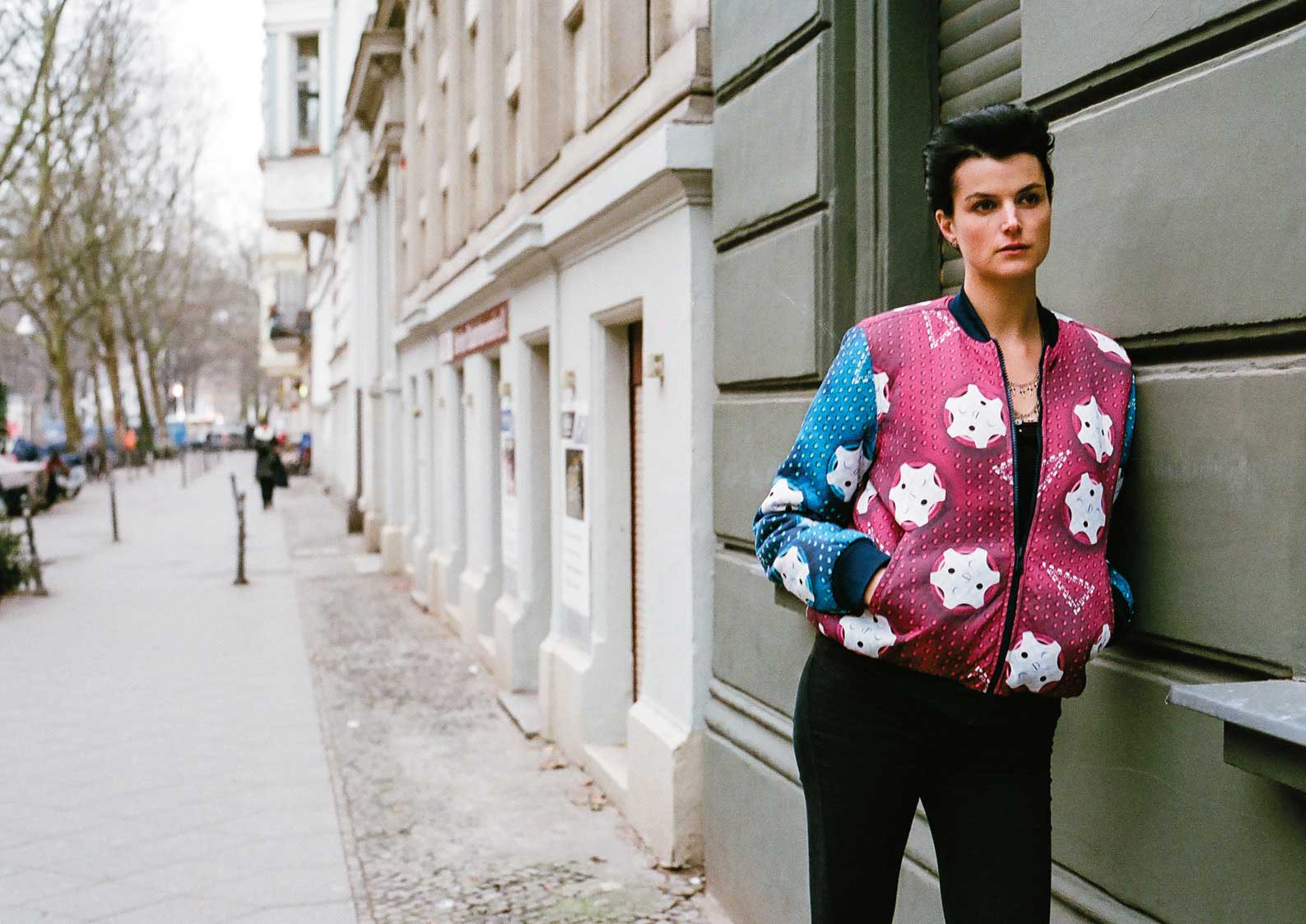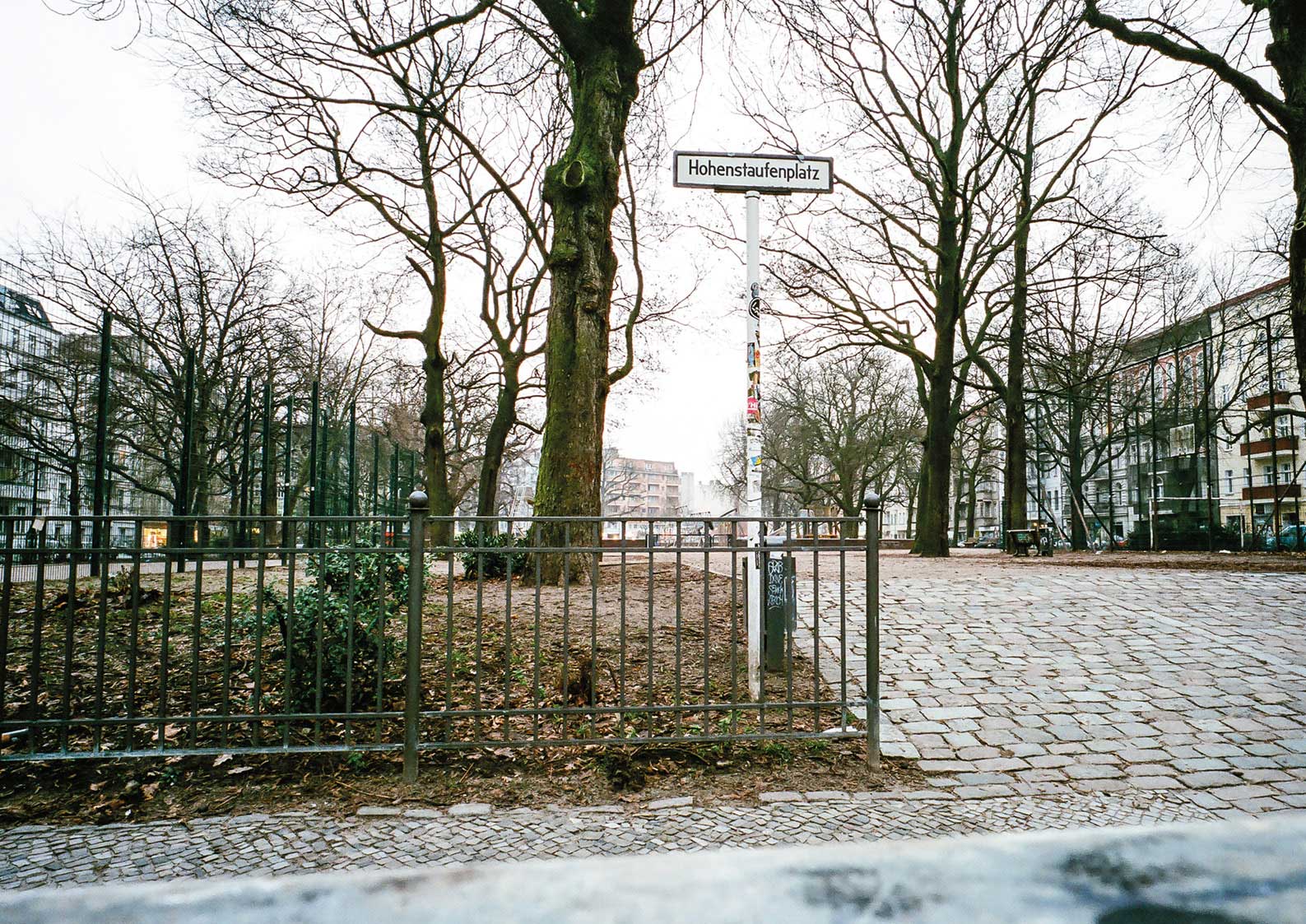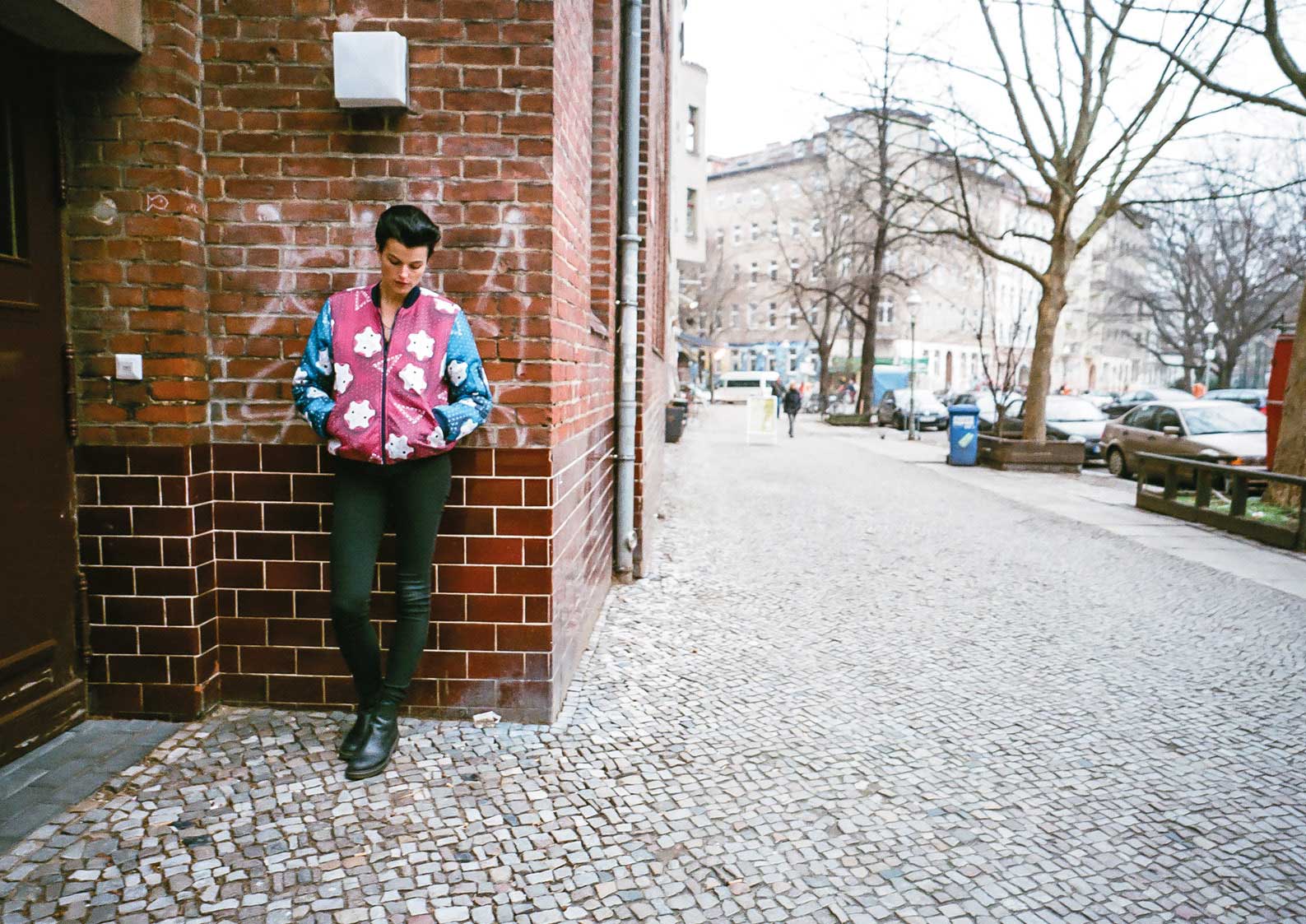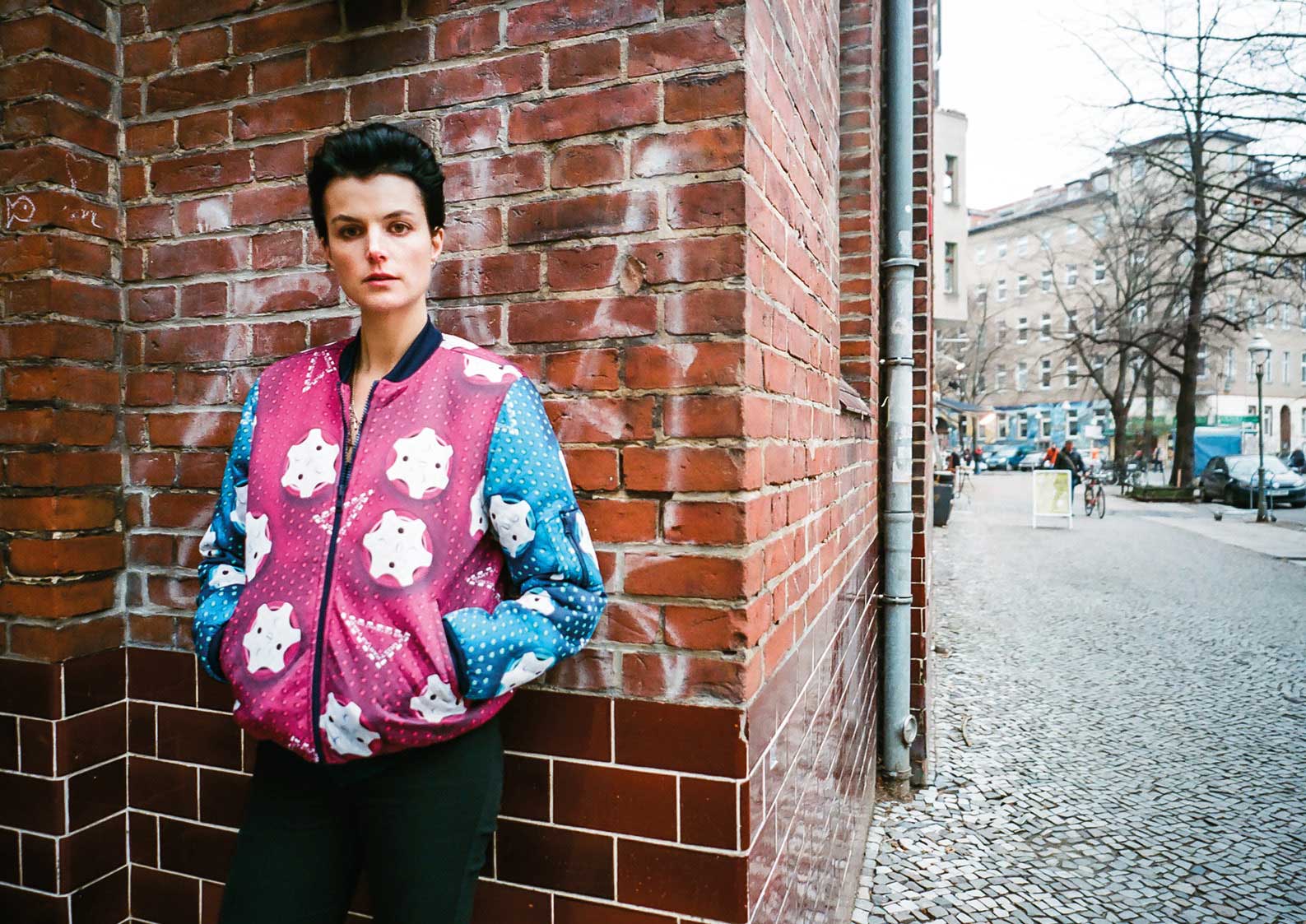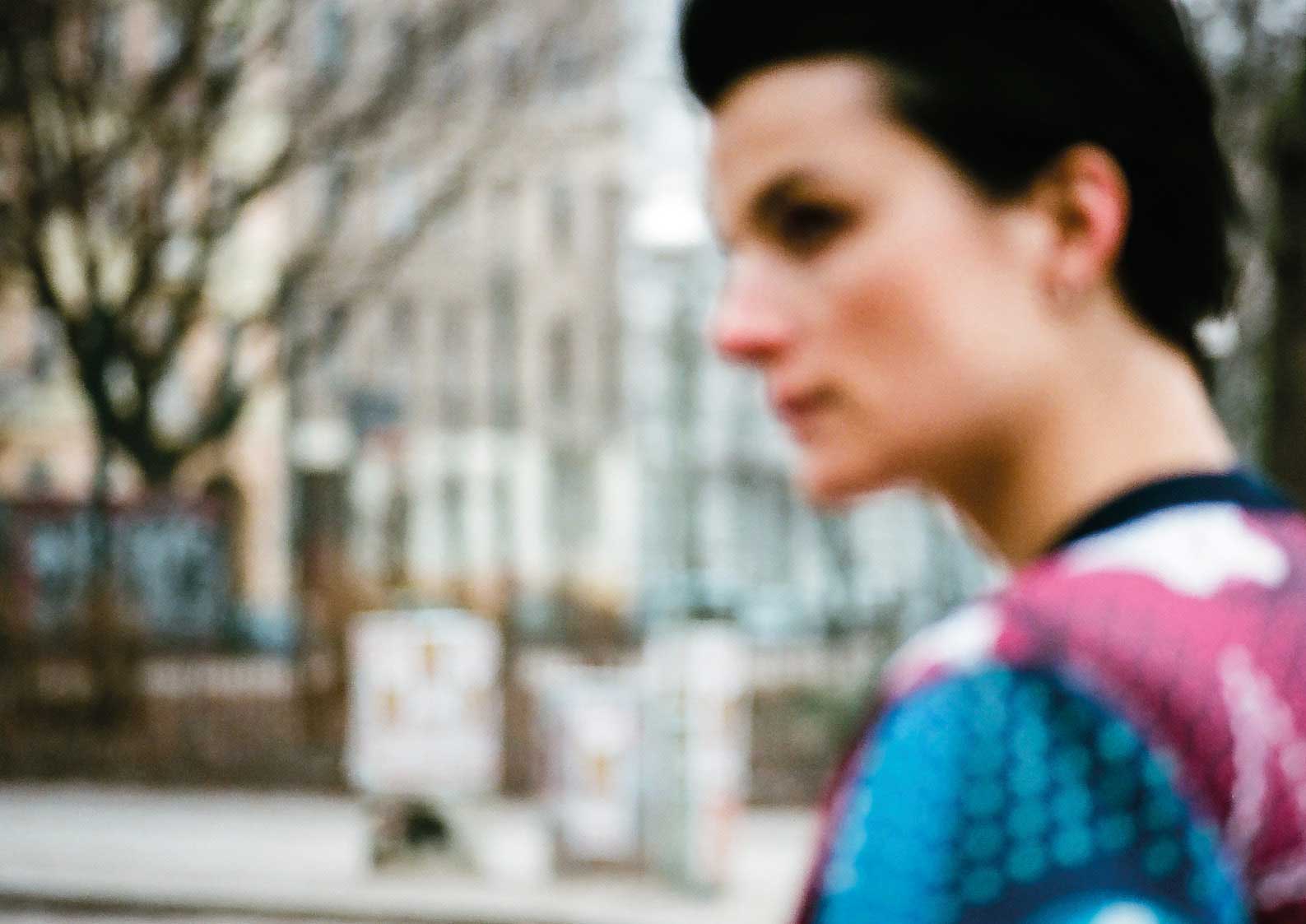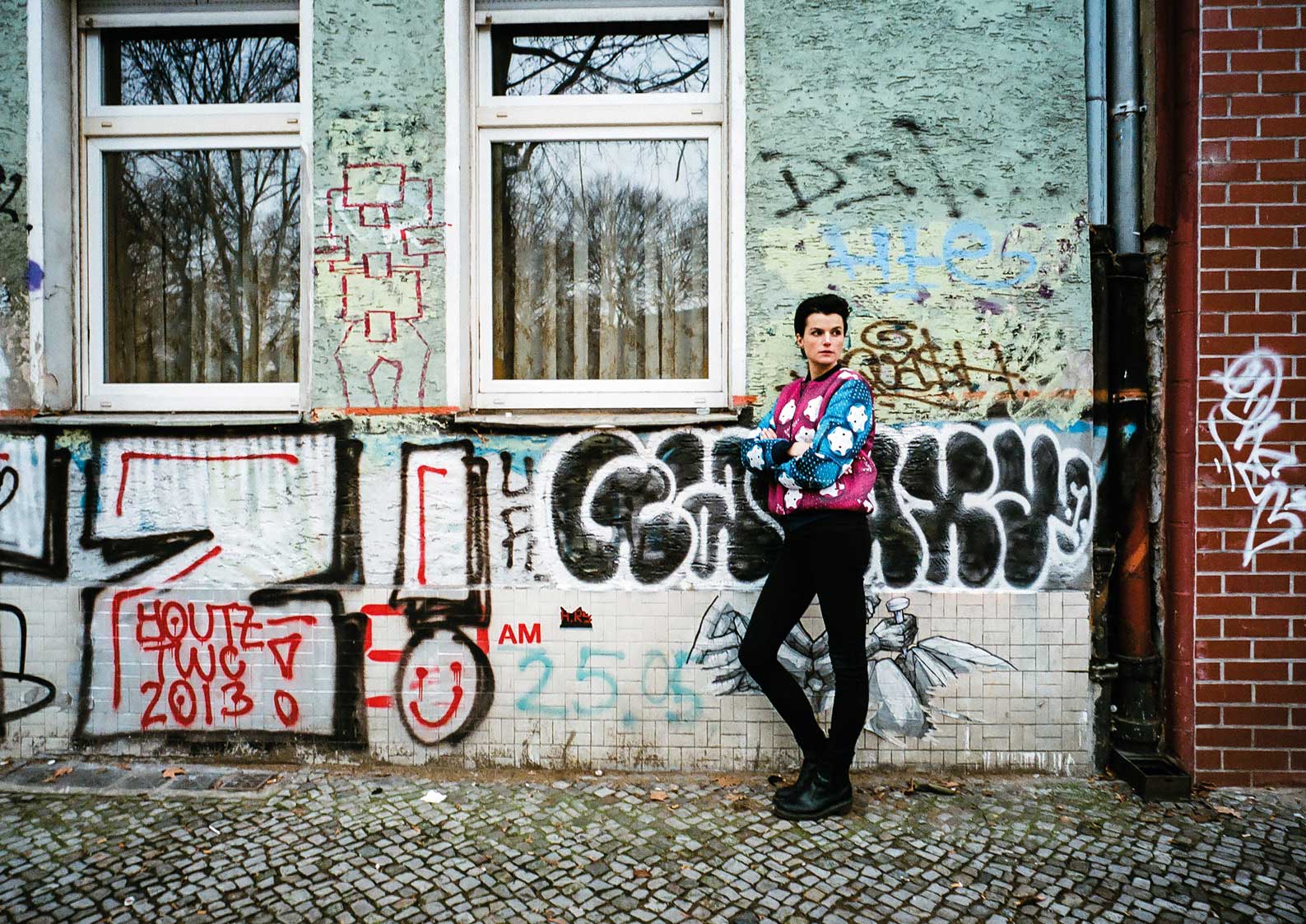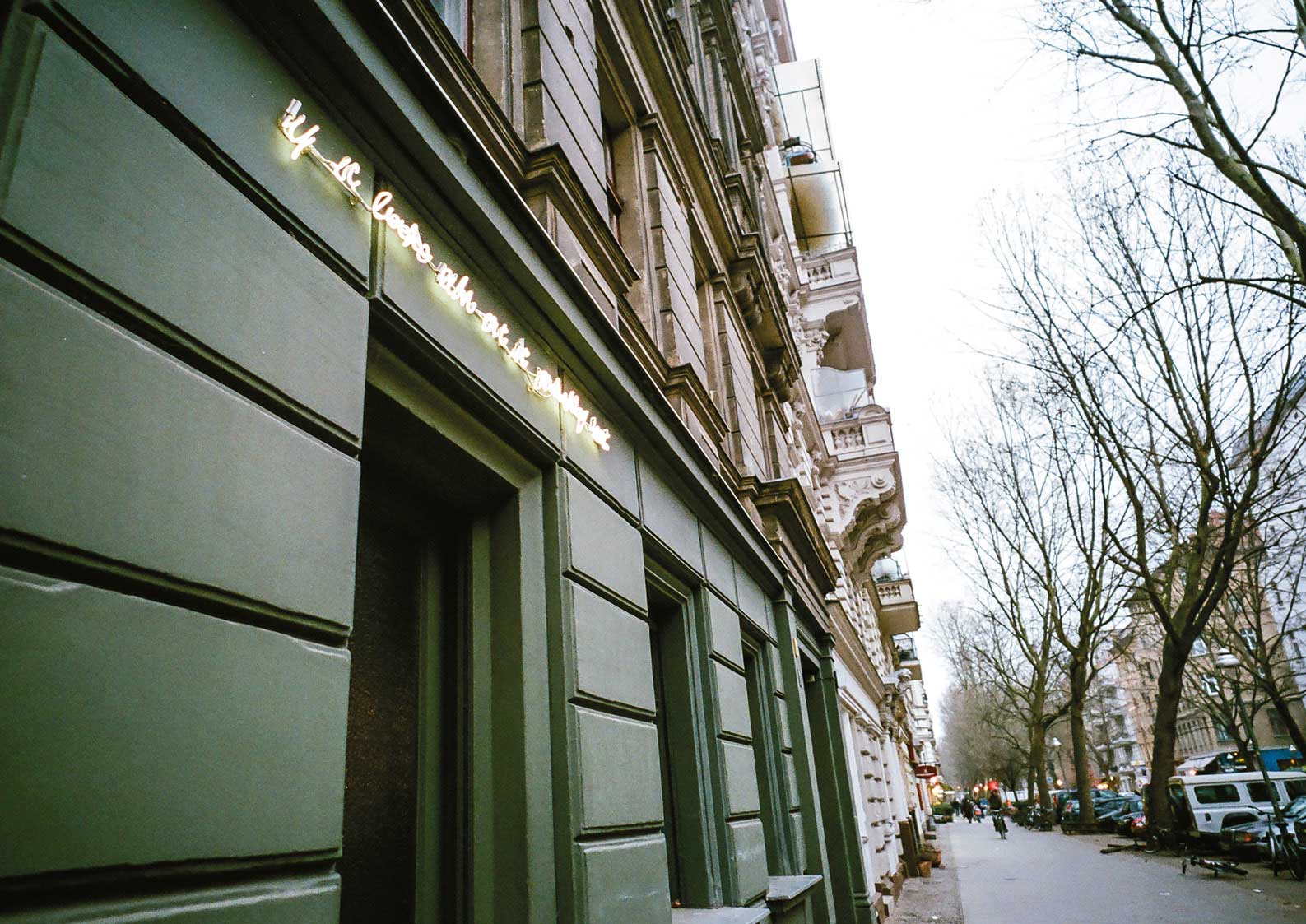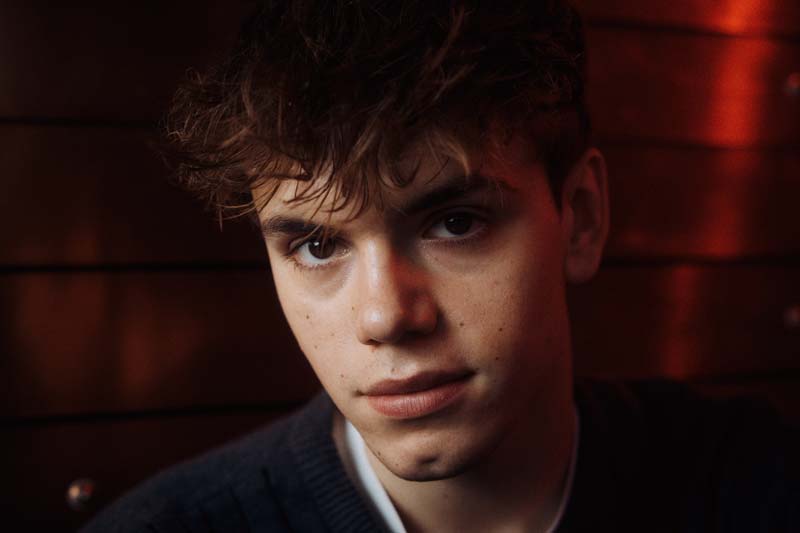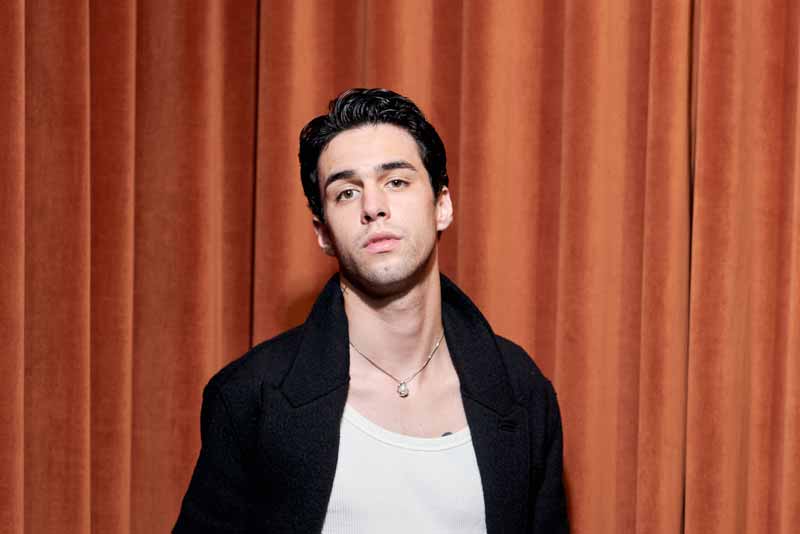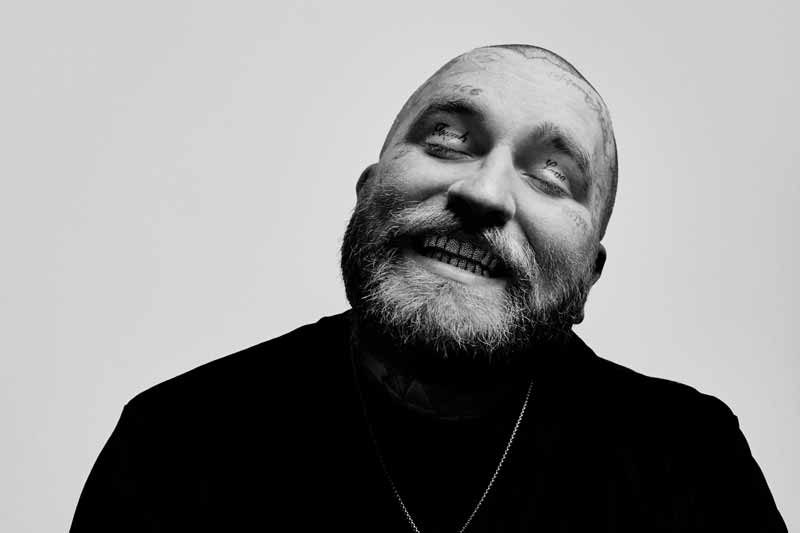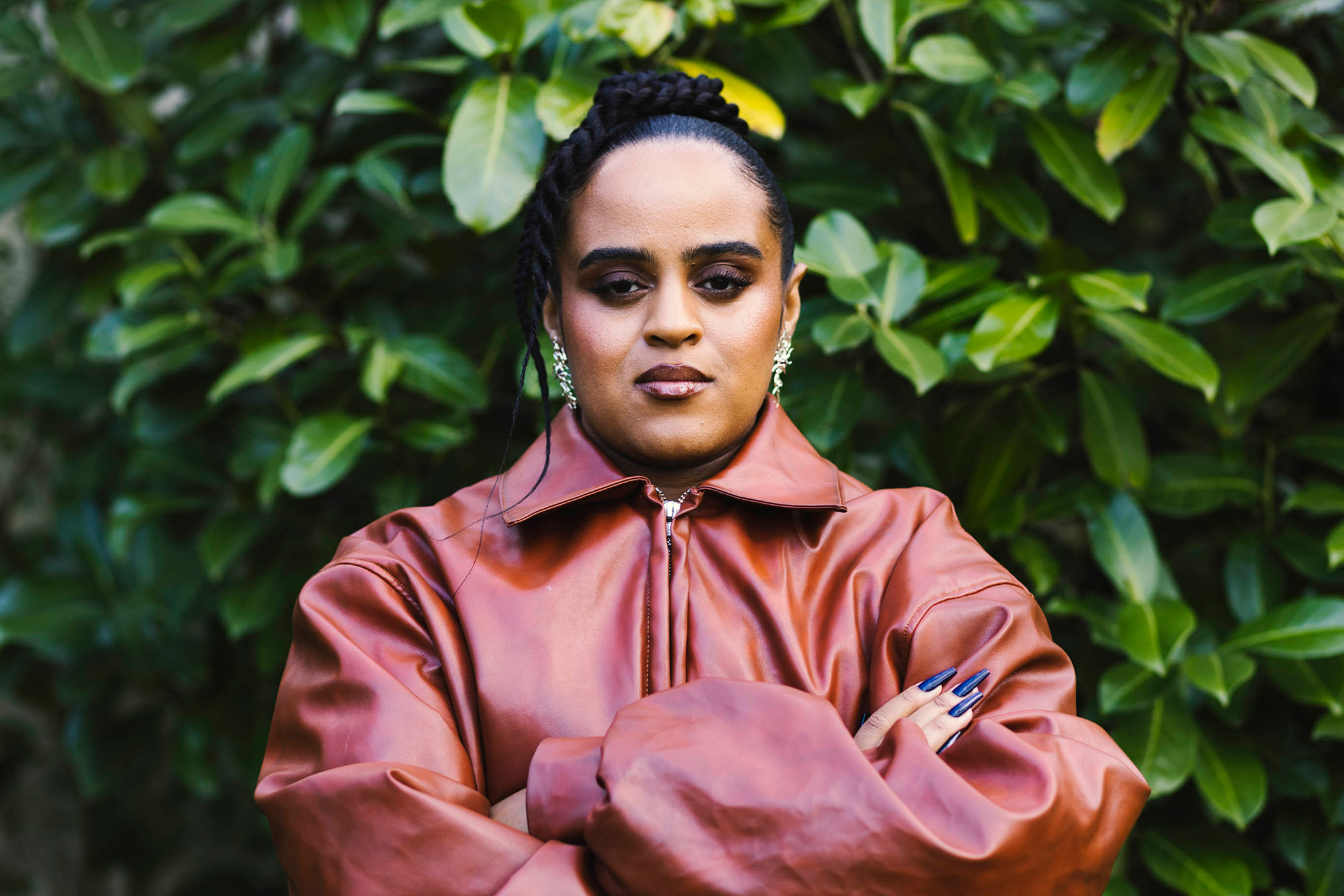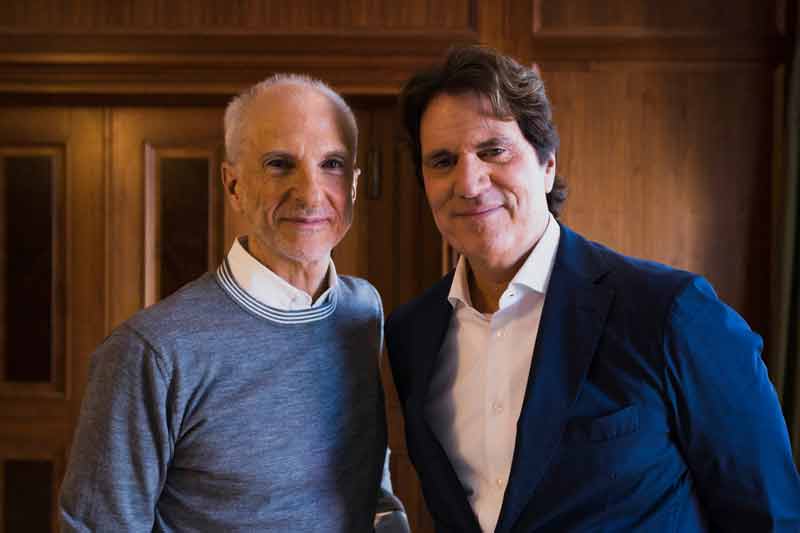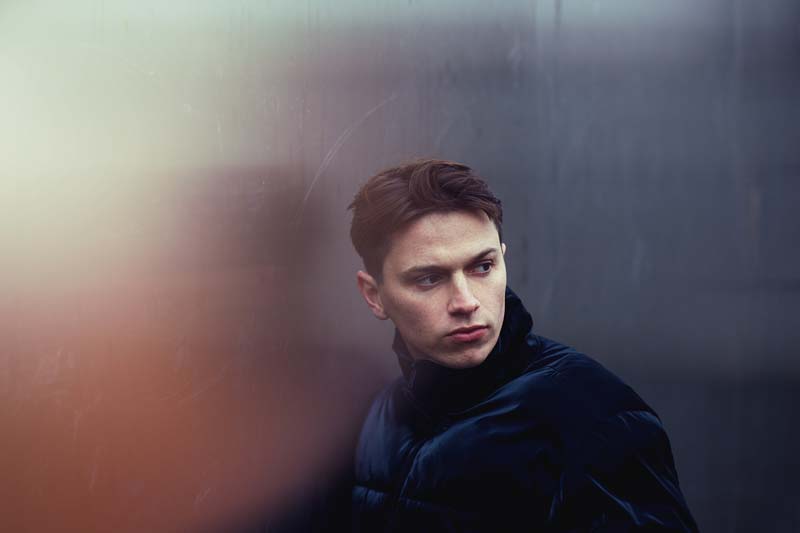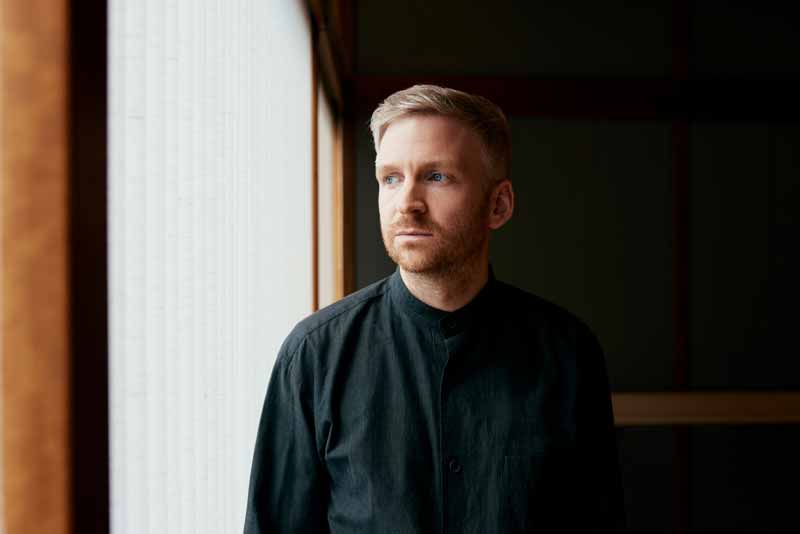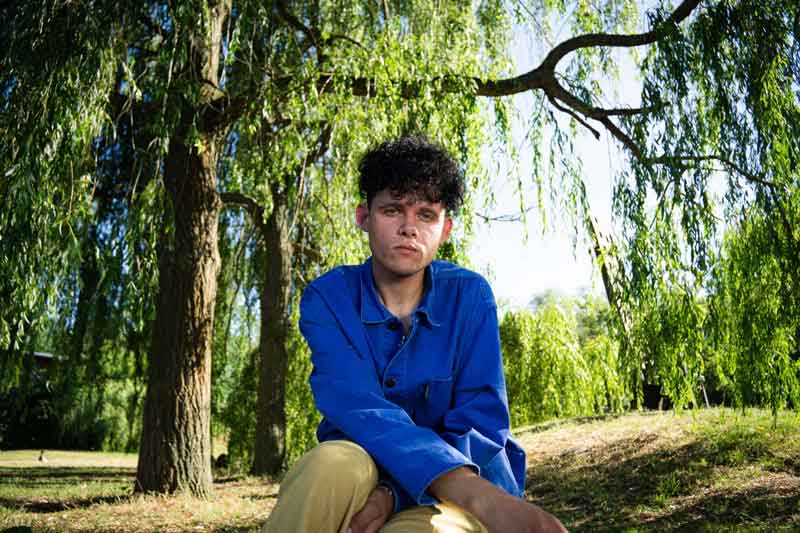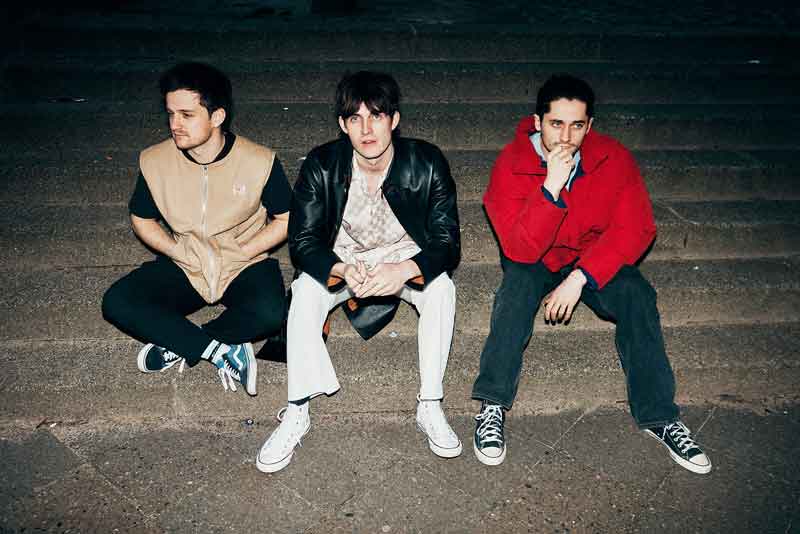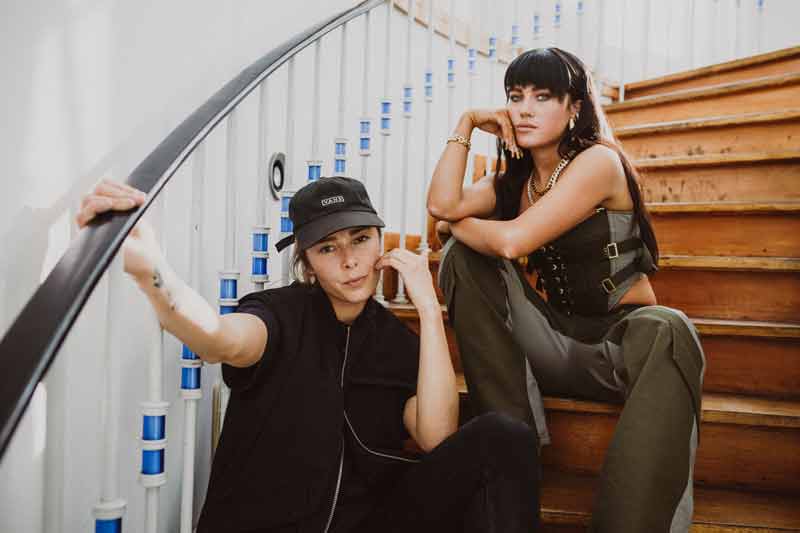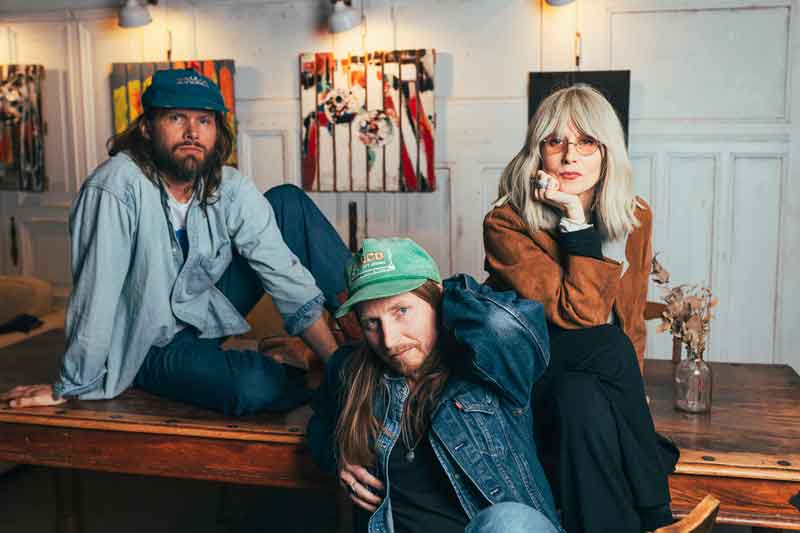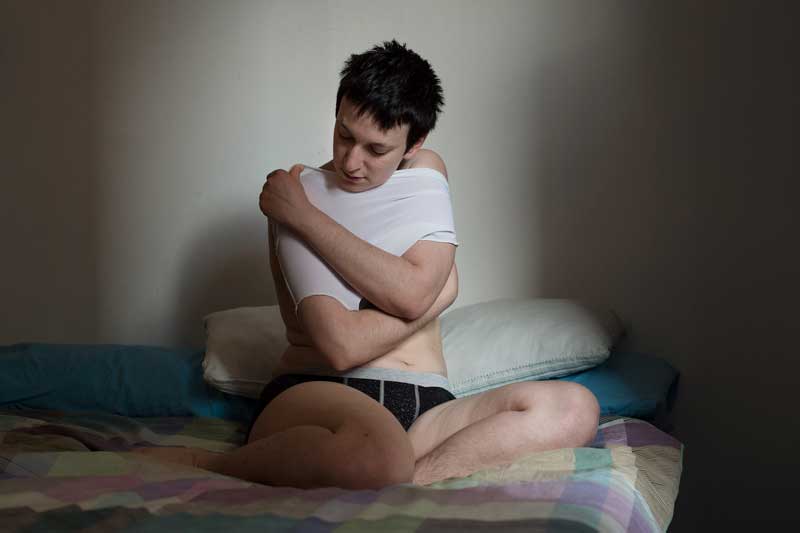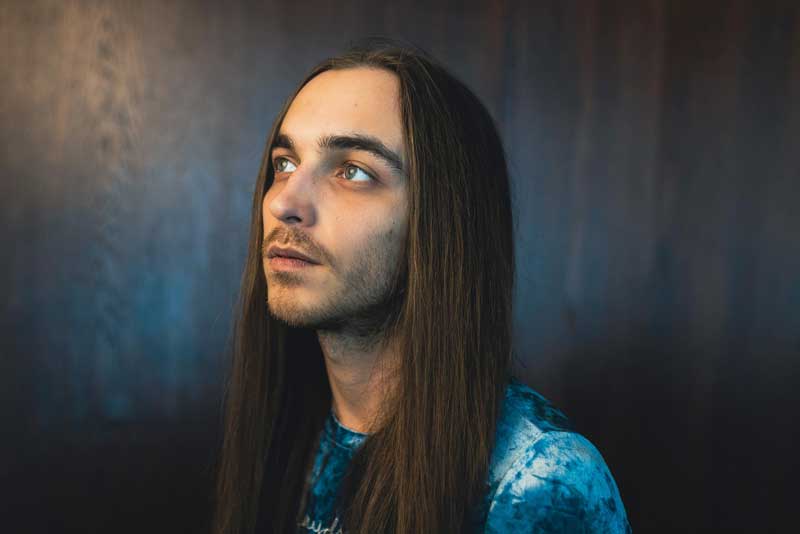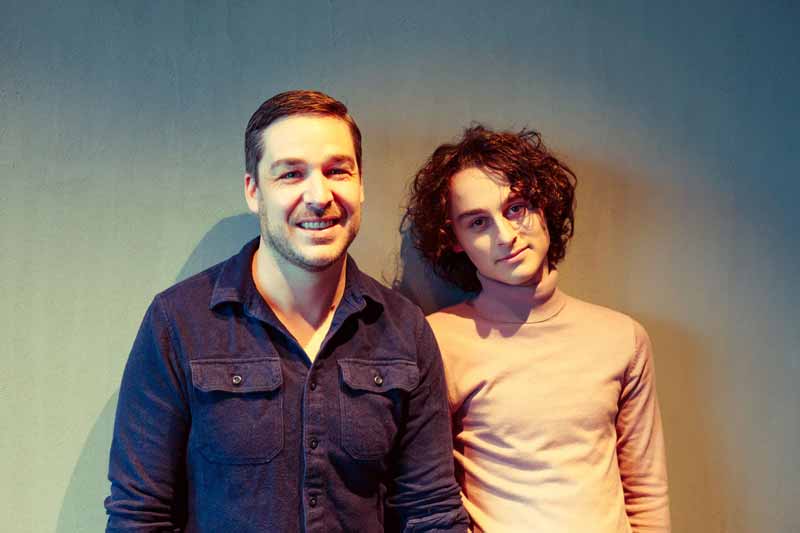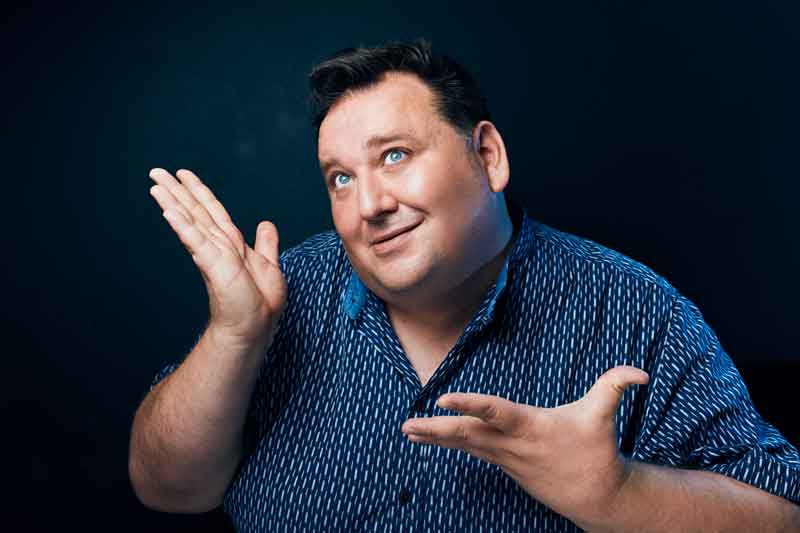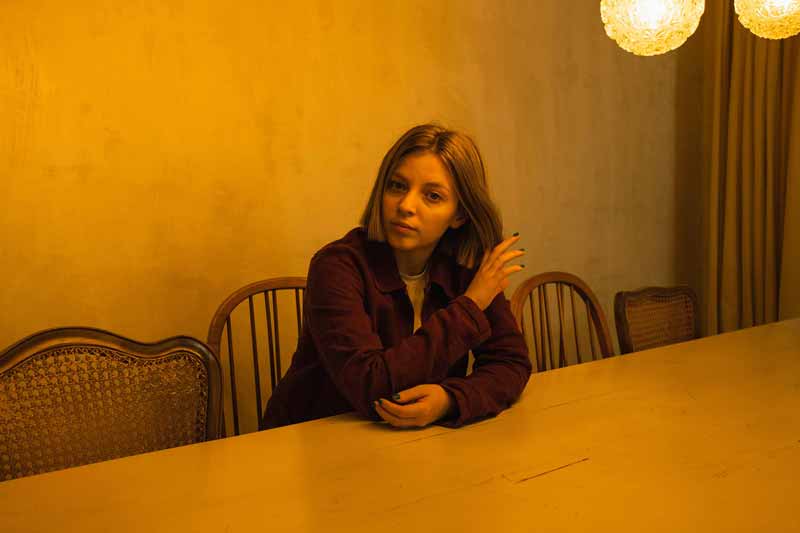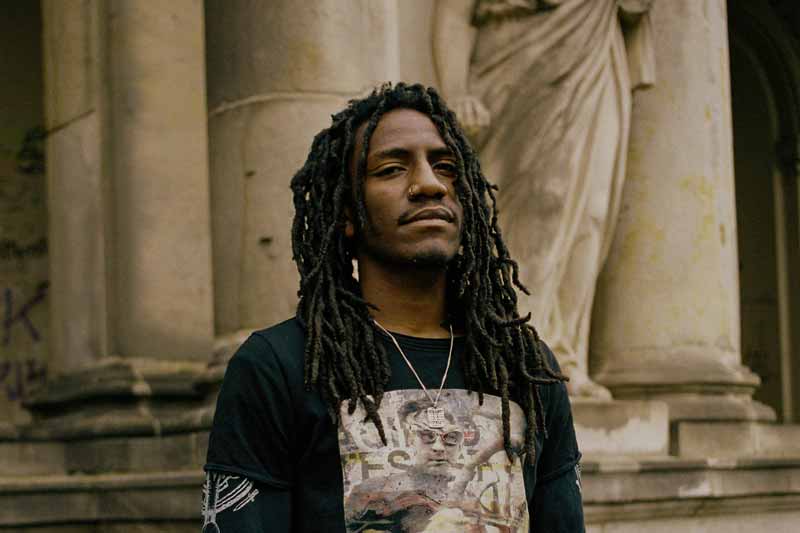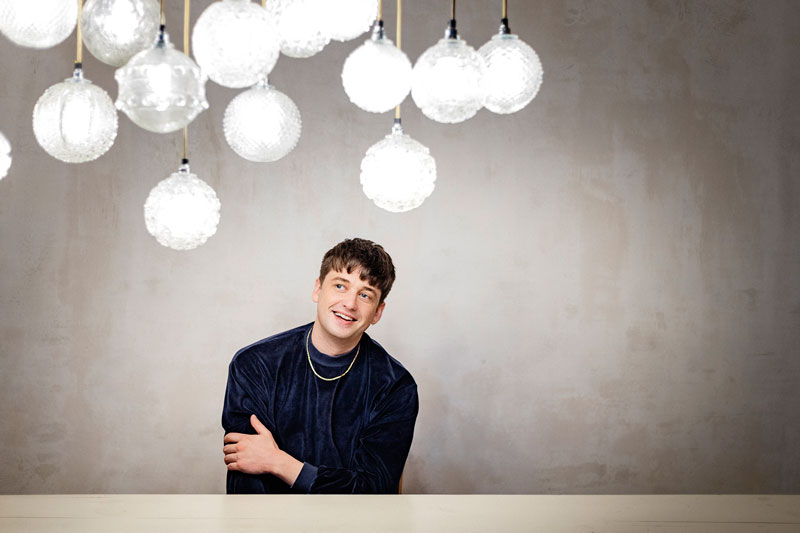Interview — Karin Park
Apocalypse Interrupted
Good or bad – these questions keep singer-songwriter Karin Park up at night. When the Sweden-based artist is not currently working on her inner demons, she follows her big fertile passion: fishing.
21. März 2015 — MYP N° 17 »My Ritual« — Interview: Maxim Tsarev, Photography: Roberto Brundo
Winter in Berlin is rough. While the city isn‘t as snowy as Munich, or as windy as Ham- burg, the incessant darkness wears you down day for day, week for week. After a while, the lack of sunlight gets to you. By the time we met with Karin Park, the acclaimed Swedish singer-songwriter, in mid January, that point had been surpassed, and there was only the drudgery of February to look forward to.
In that atmosphere, listening to her newest album „Apocalypse Pop“ for the first time was a revelation. The soundscapes are lush with desolation, while the peaks and valleys that Park‘s voice probes are rife with sadness, tempered only hesitantly by hope. Darkness presses in from all sides, but there is a hint of spring in songs like „Shine“.
At 1.90m Karin Park cuts an imposing gure. For her size, and striking appearance, she is surprisingly soft-spoken and elegant. She is also incredibly con dent. When we met, she was self-assured enough to open the conversation while I was still fumbling with my recorder.
Karin:
Are you from Berlin?
Maxim:
Not originally. I‘m an American. I haven‘t lived in the States for a long time though. I grew up in Russia, and now I live here – one of the expats who never goes home, I guess.
Karin:
Where in the States are you from?
Maxim:
Kentucky. Famous for bourbon and horseracing. Do you know it?
Karin:
Of course. I was in Chicago yesterday, actually. I was home for five minutes before I few on to Berlin.
Maxim:
So you only just flew in?
Karin:
Yeah, I woke up at four this morning to take the flight here.
Maxim:
Are you still jetlagged?
Karin:
I guess I should be but I don‘t think I ever really switched to begin with. I was there for a week, and I woke up at five o‘clock in the morning, every morning. And then I would go to bed at nine. We were recording in a studio, and when we were done, we were exhausted. But it was nice. We got to see a bit of the city.
Maxim:
The windy city. Was it cold?
Karin:
It was very cold when we first got there. Like 15 below. Not on the last day though. We took the day o to drive around, and it was like spring. It was really nice.
Maxim:
I saw on your twitter feed that you had recorded in London. Is that where you normally record, or do you go wherever it pleases you at that moment?
Karin:
No, normally I record with people in London. For this record I spent a lot of time there. But I have a studio at home, as well. I haven‘t had a fully equipped studio until now, so I‘m building one. Then I‘ll be able to record my synthesizers and vocals – do the sketches for songs – from home. If I need drums, I‘ll have to go somewhere else.
Maxim:
Speaking of drums, I saw that your brother sometimes tours with you. Do you get him in the studio often? Do you two jam together?
Karin:
I bring him in when I want the rhythmic part of the song. Sometimes, but not often, he‘ll help me to write songs. Not on this album though. On this one I‘ve mostly written alone, or with other people. He does all of the drumming. In one of the songs he even plays the vacuum cleaner. Oh, and for one of the sessions he played the flute.
I bring my brother in when I want the rhythmic part of the song.
Maxim:
You grew up in a musically talented family?
Karin:
Yes, my brother started playing the drums when he was three. There was a point when my brother was playing the drums, my sister was playing the violin, my other brother was playing the cello, and I was singing and playing the flute. It was a very noisy period. But then it shifted. My brother started playing the electric bass, and my sister quit playing music completely. It was a bit quieter then. We were always playing something though.
Maxim:
You grew up in a small town in Sweden, right?
Karin:
I grew up in a town of 374 people. I lived there until I was seven, and then we moved to Japan. We stayed there for three years. Moving to the other side of the planet had a big impact on me. This was pre-internet, pre-mobile phone. We would call home once a month, and everyone would gather around the house telephone.
My dad was the principal at a Swedish missionary school in Japan. It was in the jungle. The kids were aged anywhere between seven and eighteen, but there were only thirty of us. So I hung out with older kids. There was only one other person my age. We didn’t have European television. We missed out on everything that young people had back home, including magazines and music. I lived three years without any commercial in influence, and that impacted me significantly. Everything we do is emulated. Young people try to t in by doing the same things as their peers. I had to develop my own identity without the bene t of youth culture. Later on, when we moved back to Sweden, it was impossible for me to t back in. I didn’t understand what you were supposed to talk about, or the way you were supposed to talk about things. I was completely o when it came to clothes. I didn’t even realize that your clothes could tell someone else something about your personality. That’s what in influenced me most during my childhood. I moved away as soon as I could.
Maxim:
How old were you?
Karin:
I was fifteen.
Maxim:
Do you ever go back?
Karin:
I actually bought the church in the village. I live there now.
Maxim:
Inside the church?
Karin:
Yeah, it’s 500 square meters. I just bought it.
Maxim: Congratulations.
Karin:
Thanks. We’re building a studio there. I’ve lived there for a while now, but I didn’t buy it until recently.
We’ve had a little festival there, and we’re trying to get more started culturally. There wasn’t much going on before.
Music was my whole world. It was the only thing I wanted to do.
Maxim:
That’s incredible. I have missionaries in my family.
They are Evangelicals, and they’ve lived in some very far-flung places. Did your parents actively pursue the mission in Japan?
Karin:
They were teachers for the missionary children. It was a Christian school but they weren’t missionaries in that sense. The children lived on the school grounds, and many only saw their parents once every five weeks.
Maxim:
You didn’t visit Sweden once in your time there?
Karin: No.
Maxim:
I myself grew up away from home. In Russia for the most part. Our house was incredibly far away from the place where my peers lived, so I had my own outlet. For me it was literature. Was music your outlet?
Karin:
No, not an outlet. Music was my whole world. It was the only thing I wanted to do. In Japan it was great because we played music together with friends and family. After I came back though, the only thing I could think about was leaving home to become an artist and a musician. It’s what drove me. I hated going to school.
Maxim:
This is your fourth studio album, right?
Karin:
No, it’s my fifth.
Maxim:
I guess Spotify was a little off then.
Karin:
My second album isn’t on there because I don’t think it’s very good.
Maxim:
Oh, so you get to decide what goes on there, and what doesn’t?
Karin: Yeah.
I write about preoccupies me, and then I can go on living like a normal person.
Maxim:
Awesome, that’s really cool. I’ve listened to „Apocalypse Pop“ a couple of times now, and I noticed how dark the titles of songs were as I took them down. „Opium“ was a title that really stuck out. Your sound is very atmospheric. Are you exorcising demons here, or do you simply write about what interests you?
Karin:
I’m definitely working on my inner demons. On that song particularly. But all of them are about my inner life – it’s how I process my feelings. I write about what preoccupies me, and then I can go on living like a normal person. The way I write is dramatic because the books that I have at home, and the movies that I see are dramatic. Dante’s „Inferno“ has a special place on my bookshelf. I grew up with the Bible. All of that fascinates me. Good and bad. The Apocalypse is the end of the world but it also means that light wins out over the darkness in the end. That fascinates me. You think the album is dark but to me it’s just honest. I think it’s actually quite light in some ways. Not in a frivolous way, but it has tracks like „Shine“ on it that are very hopeful. It’s just the truth.
Maxim:
It’s like a cathartic thing?
Karin: Yeah.
Maxim:
You also starred in a horror film, right? Do you have any plans to act in the future?
Karin:
I would do it if it was a role that I felt suited me. I was asked to play this role. They asked me to audition for another role but I didn’t get it. I was supposed to speak Norwegian, and I think that I speak good Norwegian. It was supposed to be a special dialect though, and I guess they didn’t like my rendition of it. The roles I play have to be suited to me – I couldn’t just play anything. When I really get into something, I excel at it.
As a kid I was really into fishing. I was obsessed with the hook, line, and sinker. I wanted a boat so badly. I think I broke my dad down psychologically because I wanted that boat so much. There wasn’t really anywhere to fish around where I lived though. But I get hung up on things. I totally get into it, and at some point I’m able to snap out of it.
That’s what happens on stage as well. By the end of the show I couldn’t really say what happened.
Maxim:
Are you still passionate about fishing?
Karin:
Yes, I still love to sh. The problem is that I never catch anything. My boyfriend’s family lives by the sea, and we always go fishing when we’re there. But I never catch a fucking thing. Everyone else around me always catches something, so I’m a bit bored now.
Maxim:
My brother is the one who always gets the fish.
Karin:
So unfair, right?
Maxim:
I think I’m just a really bad fisher.
Karin:
Yeah, I think I just don’t have a natural talent for it, at all.
Karin Park is a singer-songwriter living in Djura, Sweden.
